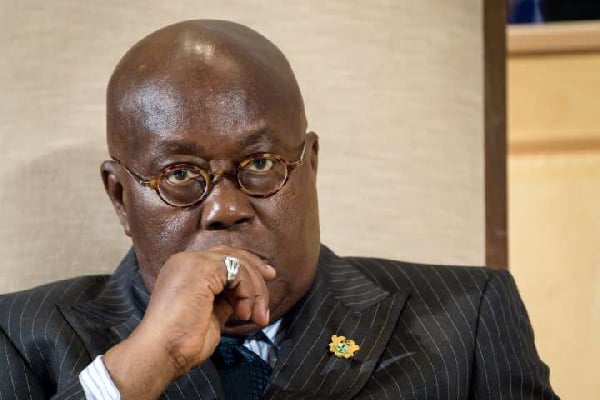Charles Kwadwo Fosu, the legendary Ghanaian highlife musician known as Daddy Lumba, passed away on July 26, 2025, at the age of 59, leaving behind a legacy that resonated deeply within the cultural and political landscape of Ghana. His death triggered a wave of national mourning, with tributes pouring in from all corners of society, including a heartfelt message from former President Nana Addo Dankwa Akufo-Addo. Lumba’s music transcended mere entertainment; it became interwoven with the fabric of Ghanaian life, influencing generations and even playing a significant role in political campaigns.
Akufo-Addo’s tribute underscored the profound impact Lumba had on him personally and on the New Patriotic Party (NPP). He described the musician as a “pantheon among musical greats,” acknowledging the unique connection Lumba forged with his fans and the nation as a whole. Beyond the widespread admiration for his musical talent, Lumba’s music became an anthem for the NPP, energizing supporters and shaping the party’s campaign identity over numerous election cycles. The former president highlighted the enduring power of Lumba’s music, noting that certain songs had become indelibly etched into the NPP’s political history.
Lumba’s music served as a unifying force, resonating with a broad spectrum of Ghanaians. His melodies and lyrics transcended social, economic, and political divides, creating a shared experience that fostered a sense of national identity. His ability to capture the essence of Ghanaian life, its joys, struggles, and aspirations, solidified his place as a cultural icon. This widespread appeal extended beyond the realm of entertainment and into the political arena, where his music became a powerful tool for mobilization and a symbol of political affiliation.
The impact of Lumba’s music on Akufo-Addo’s political journey further emphasizes the musician’s unique position within Ghanaian society. Lumba’s songs were more than just background music for campaigns; they were anthems that galvanized supporters and became synonymous with the NPP’s political messaging. This intimate connection between music and politics speaks volumes about the power of art to influence public discourse and shape political narratives. Lumba’s music provided a soundtrack to Akufo-Addo’s rise to power, forging a link between the artist and the politician that extended beyond mere fandom.
Akufo-Addo’s personal connection with Lumba’s music adds a layer of poignancy to his tribute. The former president’s words reflect not just the loss of a musical icon but also the passing of a figure whose artistry played a significant role in his own political life. This intimate connection underscores the depth of Lumba’s influence, extending beyond the stage and into the corridors of power. The heartfelt nature of Akufo-Addo’s message speaks to the genuine respect and admiration he held for the musician.
The outpouring of grief following Lumba’s death is a testament to his enduring legacy. His music will continue to resonate with generations to come, serving as a reminder of his profound impact on Ghanaian culture and politics. The tributes from fans, fellow musicians, and political leaders across the spectrum underscore the unifying power of his music and the void left by his passing. While his physical presence is gone, his music remains a vibrant force, ensuring that Daddy Lumba’s legacy will live on, etched in the annals of Ghanaian history.


